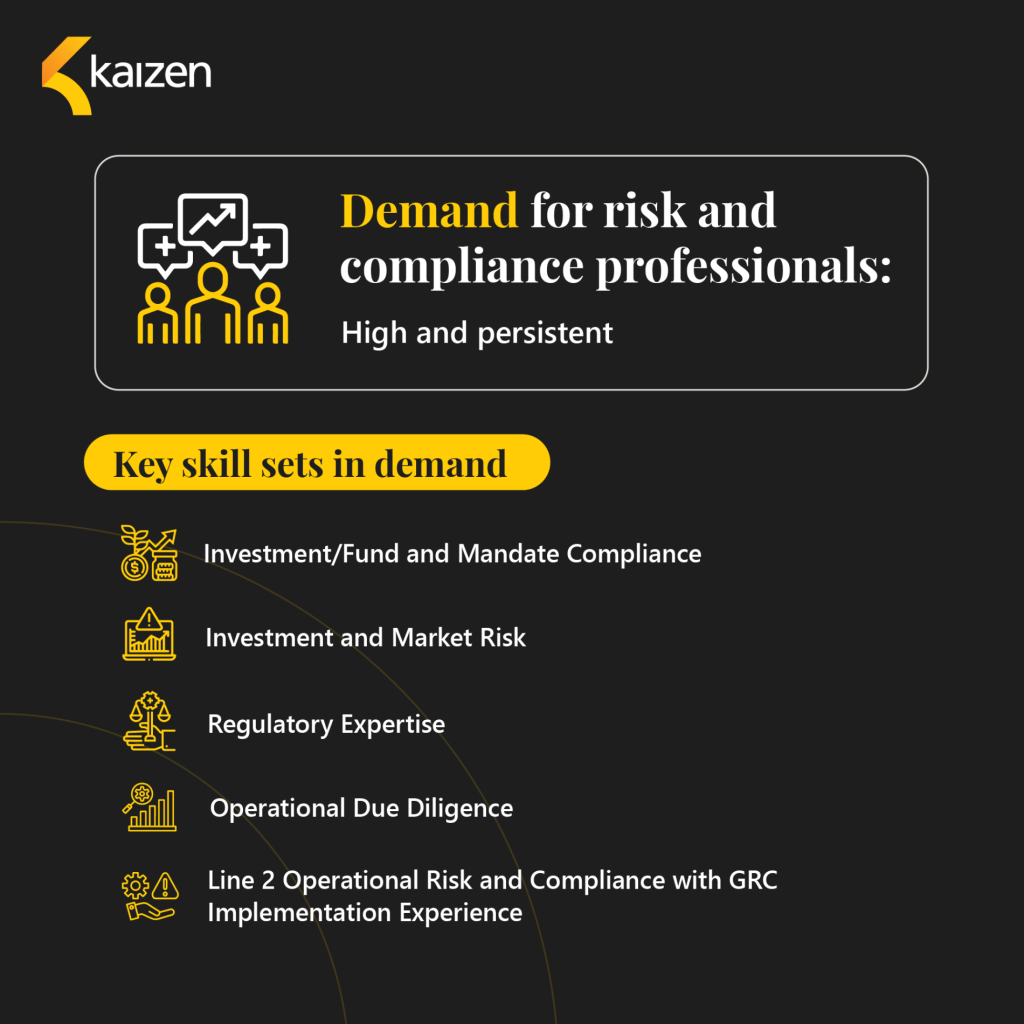Risk and Compliance Market Update | June 2023
The risk and compliance market has remained exceptionally strong throughout the entirety of this financial year. There has been a continued growth of risk and compliance teams within financial services organisations across multiple verticals with a continued focus on the importance of strong organisational governance to support robust ESG management enterprise wide.
After the Royal Commission there is still a true commitment to creating a mature infrastructure of risk and compliance within these businesses. Regulatory demands have risen with no signs of slowing down and given the shallow pool of candidates with in-depth experience within the different facets of risk and compliance in Australia, a bidding war for the best talent persists.
Demand vs. Supply
Supply and demand continues to be a key theme in the industry as top talent in the space remains shallow and has been increasingly competitive. The current risk and compliance market remains especially strong, with a continued war for local talent proceeding despite pockets of local redundancies across a few firms and the ethical dilemma purposed by the PWC debacle inciting Big 4 candidates to look externally into the market.
Regulatory Requirements Driving Demand
Internal regulatory project work has lifted the demand for risk and compliance professionals in financial services organisations. These projects have been delegated to meet
several new regulatory requirements including:
- RG97– Disclosing Fees and Costs in PDSs and Periodic Statements, to achieve better outcomes for consumers by providing greater clarity on disclosure obligations for product issuers of superannuation and managed investment products;
- The Design and Distribution Obligations (DDO 2021), for issuers and distributors of financial products, requiring adequate product governance frameworks to ensure products are appropriately targeted and managed. New breach reporting obligations (2021), requiring licensees to report to ASIC within 30 days of a “reportable situation”;
- The Financial Accountability Regime (FAR) Bill 2022 which extends the existing Banking Executive Accountability Regime (BEAR) to other APRA-regulated entities, strengthening and increasing individual and entity level accountability across the financial services sector;
- ASIC and the ACCC have listed Greenwashing as one of their enforcement priorities this year which will shape the landscape as Holding Redlich state companies must “ensure that they are considering the entire lifecycle of a product when making environmental and sustainability claims. Transparency over products and environmental policies should be a priority, to allow consumers to make an informed choice. As well as relevant labour standards or environmental, social or ethical standards or considerations.” This legislation has listed 35 interventions made with respect to greenwashing surveillance activities.
- Your Future, Your Super Performance Test Results from the Inaugural APRA Release and the Your Future Your Super (YFYS) reforms – Thirteen out of 76 (16%) MySuper products failed to meet the benchmark prescribed in regulations. In addition to scrutinising the plans of the 13 funds that failed the test, APRA is engaging with trustees at risk of failing the performance test in 2022 to ensure they take the steps necessary to improve performance and to understand their contingency plans.
- SPS and CPS 230 is focused on ensuring that an APRA-regulated entity is resilient to operational risks and disruptions.
- SPS and CPS and 530 Investment Governance Regulations – The purpose of this Prudential Standard is to ensure that an RSE licensee, consistent with its obligation to act in the best financial interests of beneficiaries, prudently selects, manages and monitors investments on behalf of beneficiaries. An RSE licensee is required to implement a sound investment governance framework which focuses on managing relevant risks and returns, APRA.
Strategic Responsiveness and Operational Resilience will Allow Progressive Transformation
In the past, regulators have concentrated on an organisation’s ability to react to large-scale disruptions and minimalise the negative effect on their operations and clients. Today, regulators remain centred on enterprise resilience and risk-management, specifically CPS and SPS 230 but they are combining that with two correlated aims:
- Guaranteeing that organisations can conduct in a business-as-usual environment that is far more complicated.
- Ensuring that companies can instrument positive changes – such as incorporating a merger, improving technology, or uplifting business practices – without presenting new risks.
APRA’s view that “appropriate attention must be given to operational risk policies and processes, but also to the risk culture within an investment management organisation”.
This report has empathised that the ODD review process is not a tick-a-box exercise and is meant to provide an independent review of an external manager’s attestation regarding its guidelines and practices.
This is particularly brought into focus for industry super funds who are looking to grow and scale their internal teams to meet these new regulatory requirements but have met great difficulty once they realise the incredibly shallow talent pool already existing in the space as hiring managers must look at considering middle office investment operations candidates or other types of funds management risk and compliance candidates who may possess the transferrable skills to learn and grow into the role over time.
The Market Watches as Financial Services Organisations Cope with Improving Disclosures for Members
Several new regulations are in place to help protect consumers from misinformation which has increased the demand for investment governance and marketing and communications professionals in super and funds management organisations. Kaizen has supported these organisations in sourcing skilled talent for their teams as the focus of the maturation of operational due diligence of outsourced investment management in Australia remains a key priority of the regulator watchdogs.
All of these developments and regulatory changes across the space continue to bolster demand for risk and compliance professionals across the financial services sector as we begin this new financial year which is likely to continue the pressure on organisations to seek new talent for their teams.
Get in Touch
Please contact me, or one of my colleagues at Kaizen Recruitment if you’d like to discuss candidate career drivers and the current stats of the financial services recruitment landscape.














